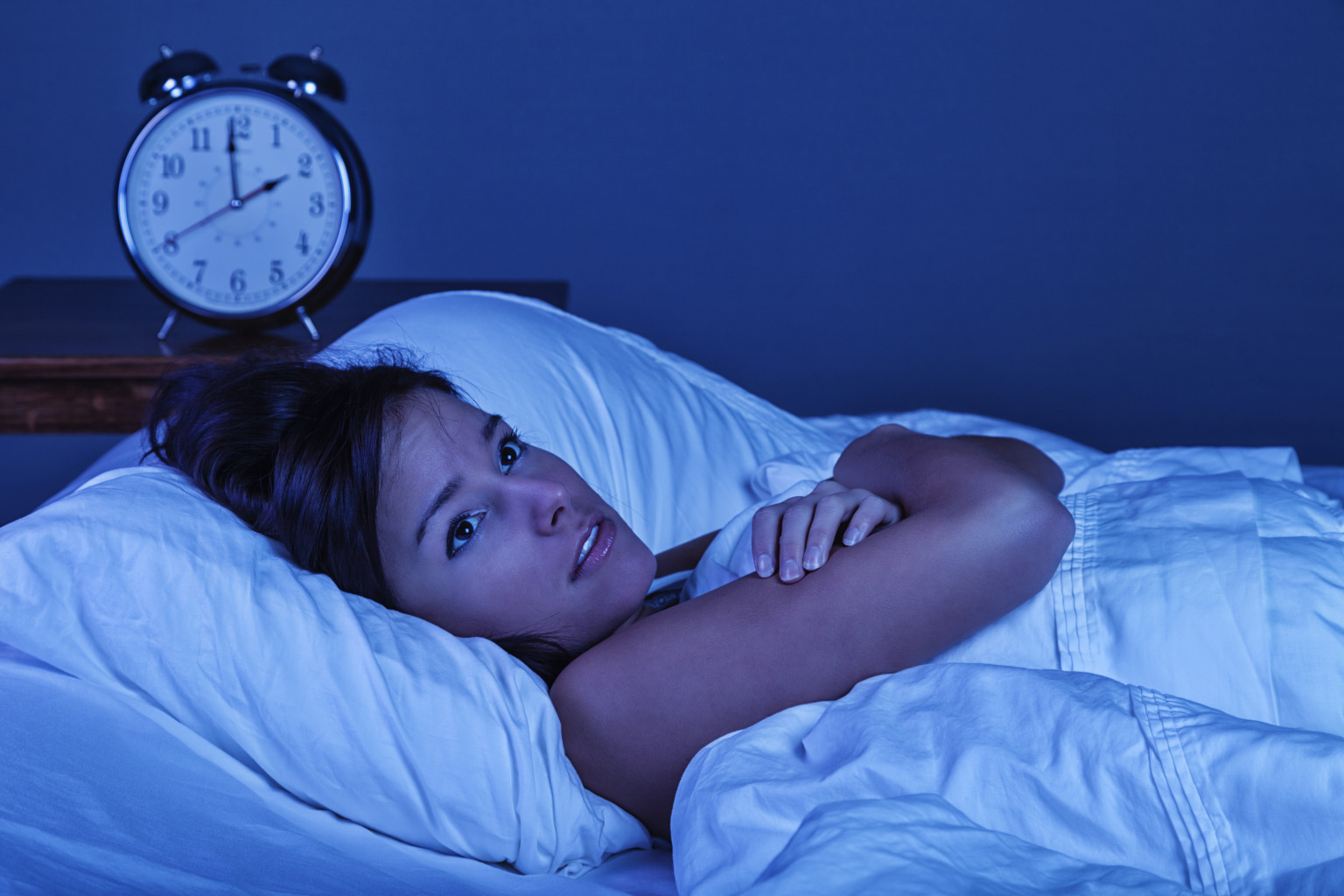When to Consider a Sleep Evaluation: What Sleep Specialists Can Do for You
- Written by News Company

If you are one of the nearly 70 million Americans who are affected by sleep disorders, you may be a candidate for a sleep study. Left untreated, sleep disorders can create a negative impact on your overall health and quality of life, and even cause an untimely death due to accident stemming from lack of focus.
Problems with sleep can involve too much or too little sleep as well as poor quality sleep. Many studies have shown how poor quality sleep and sleep deprivation are linked to health conditions such as stroke, hypertension, diabetes, cardiovascular diseases and other chronic ailments.
Most people would go see a doctor for obvious ailments and physical pain, but tracing them to lack of sleep is not often considered. This is why many people who have sleep disorders are not properly diagnosed and provided treatment.
This is where a sleep evaluation or a sleep study comes in.
What is a sleep evaluation?
A sleep evaluation, also referred to as a sleep study or polysomnogram, is a method of diagnosing sleep disorders. It is usually conducted in an accredited sleep center or lab and involves an overnight stay.
In this study, electrodes are used to measure a person’s breathing, brain wave activity, muscle tone, and heart rhythm during sleep. Eye and leg movements are also recorded and analyzed, allowing sleep specialists to have a clearer idea of a person’s overall sleep pattern. A polysomnogram is considered the most comprehensive, reliable and scientific method of evaluating sleep and diagnosing sleep problems.
Patients undergoing a polysomnogram may be given therapy such as continuous positive airway pressure therapy, use of oral appliances, bright light therapy or medication during the course of the study.
When should you consider a sleep evaluation?
A sleep evaluation is recommended for people who:
-
* Have difficulty falling and staying asleep every night or most nights
-
* Feel extremely tired upon waking up that they find it difficult to function normally during daily tasks
-
* Have snoring problems (gasping for breath when asleep, pausing when breathing)
-
* Experience fatigue and sleepiness for more than three weeks
-
* Have aching, tingling, itching and other odd sensations in the legs while lying down, causing an urge to kick the legs for relief
If you fit the criteria, you may consult your primary care physician, who can run tests for various medical disorders and refer you to a sleep physician.
What does a sleep physician do?
A sleep physician or a sleep specialist is someone who has been trained in sleep disorders and sleep medicine. A sleep specialist has expertise in the diagnosis, treatment, management and prevention of sleep disorders such as insomnia, narcolepsy, obstructive sleep apnea, circadian rhythm disorders, excessive snoring and restless legs syndrome, among others.
Sleep specialists also play a role in diagnosing and treating certain abnormal conditions that occur during sleep, such as sleep paralysis, teeth grinding, bedwetting, sleepwalking and REM behavior disorder.
If you are unable to get enough quality sleep, it would be a good idea to undergo a sleep evaluation so that proper diagnosis and treatment can be done. Sleep disorders can be treated, and the sooner you know for certain what the problem is, the sooner you will get a good night’s sleep and better overall health.





